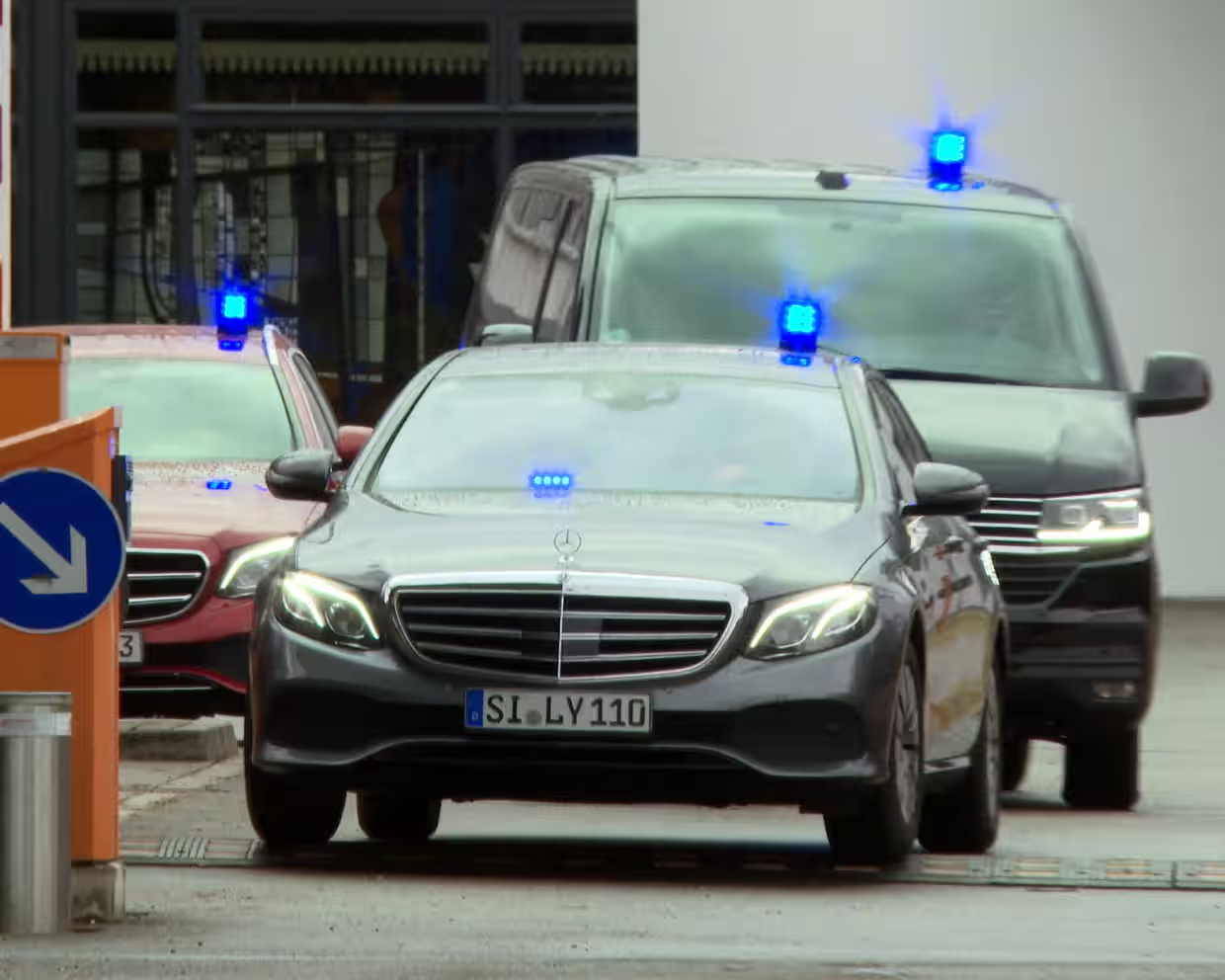German authorities have arrested six teenage boys suspected of being part of a neo-Nazi cell accused of carrying out a series of violent attacks against migrants in the eastern state of Saxony. The arrests come amid growing alarm over a resurgence of far-right extremism in parts of the country, particularly among younger populations.
According to police and prosecutors, the suspects — aged between 15 and 17 — were detained during coordinated raids on Tuesday in the cities of Dresden and Chemnitz. The group is alleged to have been responsible for at least five racially motivated assaults over the past two months, including beatings, vandalism of refugee shelters, and the harassment of school-aged migrant children.
Authorities say the teens operated as a self-styled neo-Nazi gang inspired by far-right propaganda found on social media and encrypted messaging platforms. “They were heavily radicalized online and mimicked the aesthetics and rhetoric of historical National Socialism,” said Chief Prosecutor Elke Wenzel in a press briefing. She added that investigators had recovered Nazi memorabilia, weapons, and extremist literature from the suspects’ homes.
One of the victims, a 16-year-old Syrian refugee, was hospitalized after being attacked with metal rods near a tram stop in Dresden. Another incident involved fire damage to a refugee housing facility in Chemnitz, though no injuries were reported in that case.
The suspects are being held on charges including aggravated assault, incitement to hatred, and forming a criminal organization. Prosecutors say they will also explore whether the group had any links to broader far-right networks or political movements, though no such connections have been confirmed so far.
German Interior Minister Nancy Faeser condemned the attacks and urged vigilance in combating youth radicalization. “It is deeply troubling to see children and teenagers embracing such hateful ideologies,” she said. “We must strengthen prevention, education, and deradicalization efforts to protect both our democracy and vulnerable communities.”
The arrests come at a time of heightened tension in Germany over migration and integration policy. With asylum applications on the rise and local services stretched, right-wing populist rhetoric has gained traction, particularly in economically struggling regions of the former East Germany.
In Saxony, the far-right Alternative für Deutschland (AfD) party maintains strong support and has faced repeated criticism for its anti-immigrant stance. While AfD leaders denied any link to the arrested teens, critics argue that the party’s inflammatory messaging has created an environment conducive to xenophobic violence.
Human rights organizations have called for a broader reckoning with the factors fueling far-right extremism among German youth. “This is not just about isolated individuals — it reflects a societal failure to confront racism and online radicalization,” said Anetta Kahane of the Amadeu Antonio Foundation, which monitors hate crimes and extremism in Germany.
Germany’s domestic intelligence agency, the Federal Office for the Protection of the Constitution (BfV), recently warned of a rise in far-right activity among minors, noting that younger individuals are increasingly being targeted by extremist influencers on platforms like Telegram, TikTok, and Discord.
In response to the arrests, local education authorities in Saxony have announced new initiatives aimed at strengthening civic education and promoting diversity in schools. “We need to reach young people before extremist ideologies do,” said Education Minister Christian Piwarz.
As investigations continue, the case has reignited public debate over how to effectively combat the far right and protect migrants from targeted violence. For now, the focus remains on ensuring justice for the victims — and preventing other young Germans from falling into the grip of radical hate.
Source: The Guardian


